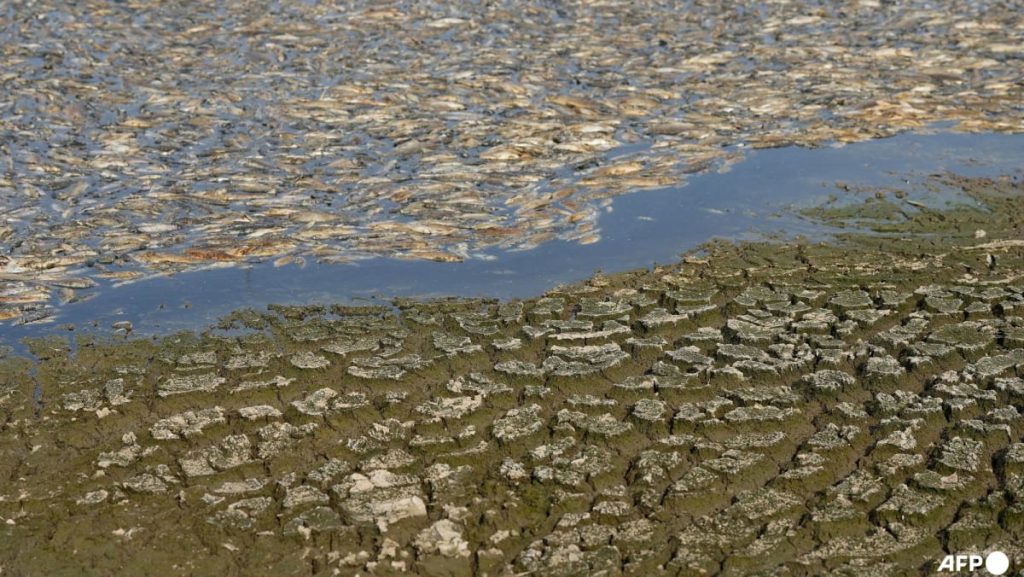In April, Vietnam experienced an unprecedented heatwave, with over 100 temperature records being broken across the country. This heatwave is part of a larger trend of extreme weather events occurring in Asia, from India to the Philippines. The heat has been so severe that it has resulted in heatstroke deaths, forced the closure of schools, and led people to pray for cooling rain. Scientists have long been warning that human-induced climate change would lead to more frequent, intense, and longer heatwaves, which are now being seen in various parts of the world.
Vietnam specifically experienced three waves of high temperatures in April, with the mercury reaching as high as 44 degrees Celsius in certain areas. This is just slightly below the country’s record high temperature of 44.2 degrees Celsius, which was set on May 7 of the previous year. The northern and central regions of Vietnam bore the brunt of the heatwave, with temperatures being on average 2 to 4 degrees Celsius higher than they were during the same period the year before. Seven weather stations recorded temperatures above 43 degrees Celsius, with the extreme heat affecting various parts of the country.
One of the most striking examples of the impact of the heatwave in Vietnam was seen in the southern province of Dong Nai, where hundreds of thousands of fish died in a reservoir. This serves as a stark reminder of the consequences of extreme weather events on various aspects of the environment and wildlife. The rising temperatures are also likely to have other effects, such as on agriculture, water resources, and public health. It is evident that immediate action needs to be taken to address the challenges posed by climate change and to mitigate its impacts.
The extreme heat in Vietnam is part of a larger global trend of rising temperatures and more frequent heatwaves. As climate change continues to intensify, countries around the world will need to adapt to these changing conditions and implement measures to reduce greenhouse gas emissions. This will require a concerted effort from governments, businesses, and individuals to transition to sustainable practices and technologies. The recent heatwave in Vietnam serves as a wake-up call for the urgent need to address climate change and to work towards a more sustainable future for all.
In order to combat the effects of climate change, it is essential for countries to work together on a global scale. This includes setting targets for reducing greenhouse gas emissions, investing in renewable energy sources, and implementing policies that promote environmental sustainability. By taking coordinated action, countries can help mitigate the impacts of climate change and protect vulnerable communities from the worst effects of extreme weather events. The recent heatwave in Vietnam highlights the importance of international cooperation and the need for urgent action to address the challenges posed by climate change.
As temperatures continue to rise and heatwaves become more frequent and severe, it is clear that climate change is a pressing issue that requires immediate attention. The recent heatwave in Vietnam serves as a stark reminder of the consequences of inaction and the urgent need for all countries to take concrete steps to reduce greenhouse gas emissions and transition to a more sustainable future. By working together and taking immediate action, countries can help mitigate the impacts of climate change and create a more resilient and sustainable world for future generations.














